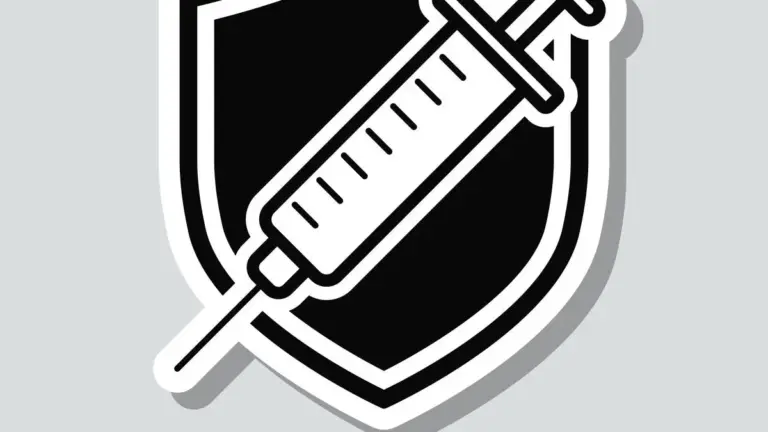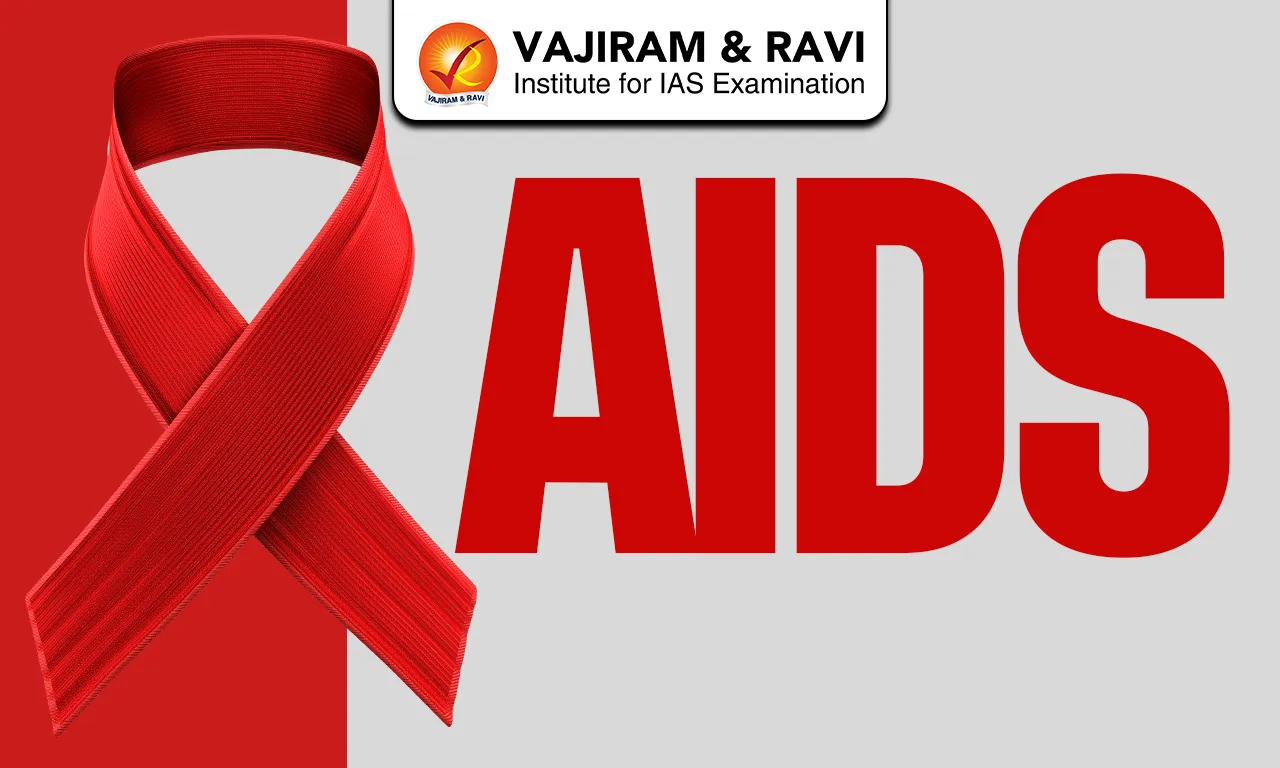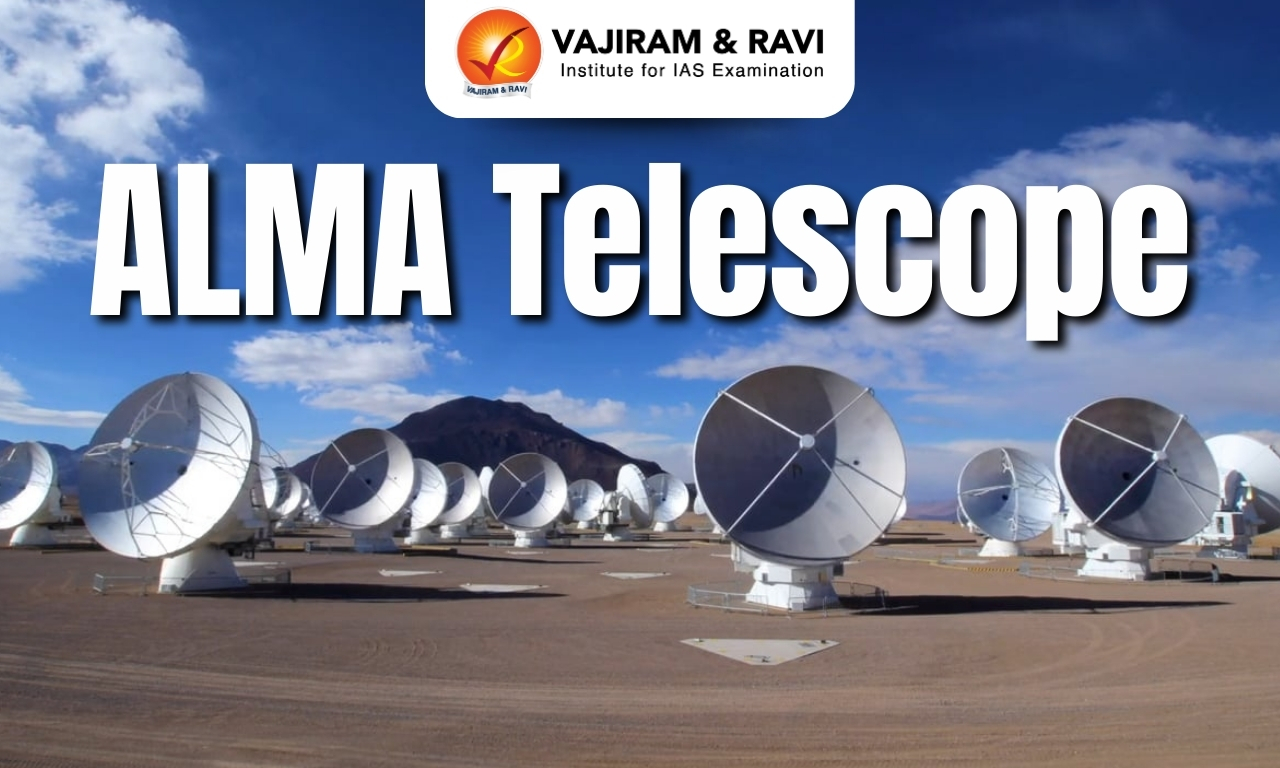About Essential Programme on Immunization:
- It was launched as the Expanded Programme on Immunization (EPI) by World Health Organisation in 1974 to ensure that all children, in all countries, benefited from life-saving vaccines.
- This programme has evolved into what is now commonly known as the Essential Programme on Immunization.
- Disease covered (Total 13)
- Initially this programme focused on protection against six childhood vaccine-preventable diseases namely Bacillus Calmette-Guérin (BCG), diphtheria, pertussis, tetanus, polio, and measles.
- Later on WHO added 7 more disease under this initiative Haemophilus influenzae type B (Hib), Hepatitis B (HepB), rubella, pneumococcal disease (PNC), rotavirus (Rota), human papillomavirus (HPV), and COVID-19 (for adults).
India’s Universal Immunization Programme (UIP)
- India launched the EPI in 1978, which was later renamed as the Universal Immunization Programme (UIP) in 1985.
- Objectives:
- To rapidly increase immunization coverage.
- To improve the quality of services.
- To establish a reliable cold chain system to the health facility level.
- Monitoring of performance.
- To achieve self-sufficiency in vaccine production.
- Eligibility:
- All beneficiaries’ namely pregnant women and children can get themselves vaccinated at the nearest Government/Private health facility or at an immunization session site (Anganwadicentres/ other identified sites) near to their village/urban locality on fixed days.
- The UIP covers all sections of the society across the country with the same high quality vaccines.
- Under UIP, immunization is providing free of cost against 12 vaccine preventable diseases
- Nationally against 9 diseases – Diphtheria, Pertussis, Tetanus, Polio, Measles, Rubella, severe form of Childhood Tuberculosis, Hepatitis B and Meningitis & Pneumonia caused by Hemophilus Influenza type B
- Sub-nationally against 3 diseases – Rotavirus diarrhoea, Pneumococcal Pneumonia and Japanese Encephalitis; of which Rotavirus vaccine and Pneumococcal Conjugate vaccine are in process of expansion while JE vaccine is provided only in endemic districts.
Q1: What is Immunization?
It is a process by which a person becomes protected against a disease through vaccination. This term is often used interchangeably with vaccination or inoculation.
Source: Make EPI an ‘Essential Programme on Immunisation’
Last updated on March, 2026
→ UPSC Notification 2026 is now out on the official website at upsconline.nic.in.
→ UPSC IFoS Notification 2026 is now out on the official website at upsconline.nic.in.
→ UPSC Calendar 2026 has been released.
→ UPSC Final Result 2025 is expected to be released soon.
→ Check out the latest UPSC Syllabus 2026 here.
→ Join Vajiram & Ravi’s Interview Guidance Programme for expert help to crack your final UPSC stage.
→ UPSC Mains Result 2025 is now out.
→ UPSC Prelims 2026 will be conducted on 24th May, 2026 & UPSC Mains 2026 will be conducted on 21st August 2026.
→ The UPSC Selection Process is of 3 stages-Prelims, Mains and Interview.
→ Prepare effectively with Vajiram & Ravi’s UPSC Prelims Test Series 2026 featuring full-length mock tests, detailed solutions, and performance analysis.
→ Enroll in Vajiram & Ravi’s UPSC Mains Test Series 2026 for structured answer writing practice, expert evaluation, and exam-oriented feedback.
→ Join Vajiram & Ravi’s Best UPSC Mentorship Program for personalized guidance, strategy planning, and one-to-one support from experienced mentors.
→ Check UPSC Marksheet 2024 Here.
→ UPSC Toppers List 2024 is released now. Shakti Dubey is UPSC AIR 1 2024 Topper.
→ Also check Best UPSC Coaching in India


















